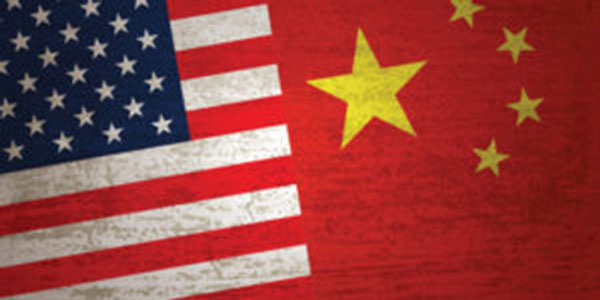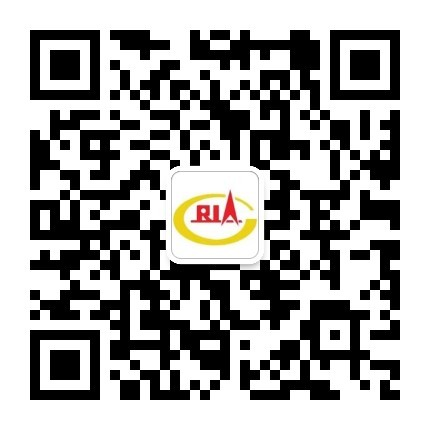
President Trump is no longer able to impose Section 232 tariffs on imports of foreign-made cars and automotive parts after he did not announce a decision by the Nov. 14 deadline, according to a Nov. 19 article from Reuters.com.
Section 232 of the Trade Expansion Acto of 1962 explains how a U.S. president can tax specific imports if the Department of Commerce deems them a threat to national security. According to the article, although the Trump administration launched its Section 232 probe of foreign autos in May 2018, the president took no action by the deadline, despite previously saying imported vehicles and components are “weakening our internal economy.”
According to a Wall Street Journal article on the subject, “Experts on trade law say Mr. Trump might still seek to impose the tariffs despite the missed deadline, but such an action would be vulnerable to a strong legal challenge for not complying with Section 232 of the Trade Expansion Act of 1962.”
The article from the Wall Street Journal continues, “Alternatively, Mr. Trump could decide to abandon the Section 232 action and pursue tariffs under Section 301 of the Trade Act of 1974, which is the same mechanism the president used to impose tariffs on Chinese imports.
“Under Section 301, the U.S. would first have to determine that a foreign country pursued unfair trade practices. If that finding is made, Mr. Trump would have a wide berth to impose tariffs if he determines negotiations with the offending party are unsuccessful. The tariffs might also be more defensible on unfair-trade grounds than if they were imposed as a matter of national security.”
Reuters also explained that a clause in the 1962 law might still give the president an opportunity to impose the tariffs as well. The clause states that if an agreement is not reached within 180 days or proves ineffective, “the President shall take such other actions as the President deems necessary to adjust the imports of such article so that such imports will not threaten to impair the national security.”




